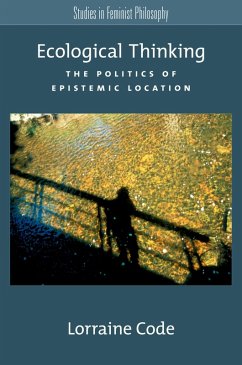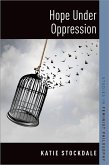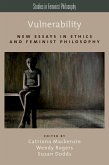How could ecological thinking animate an epistemology capable of addressing feminist, multicultural, and other post-colonial concerns? Starting from an epistemological approach implicit in Rachel Carson's scientific practice, Lorraine Code elaborates the creative, restructuring resources of ecology for a theory of knowledge. She critiques the instrumental rationality, abstract individualism, and exploitation of people and places that western epistemologies of mastery have legitimated, to propose a politics of epistemic location, sensitive to the interplay of particularity and diversity, and focused on responsible epistemic practice. Drawing on ecological theory and practice, on naturalized epistemology, and on feminist and post-colonial theories, Code analyzes extended examples from developmental psychology, and from two "natural" institutions of knowledge production--medicine and law. These institutions lend themselves well to a reconfigured naturalism. They are, in practice, empirically-scientifically informed, specifically situated, and locally interpretive. With human subjects as their "objects" of knowledge, they invoke the responsibility requirements central to Code's larger project. This book discusses a wide range of literature in philosophy, social science, and ethico-political thought. Highly innovative, it will generate productive conversations in feminist theory, and in the ethics and politics of knowledge more broadly conceived.
Dieser Download kann aus rechtlichen Gründen nur mit Rechnungsadresse in A, B, BG, CY, CZ, D, DK, EW, E, FIN, F, GR, HR, H, IRL, I, LT, L, LR, M, NL, PL, P, R, S, SLO, SK ausgeliefert werden.









